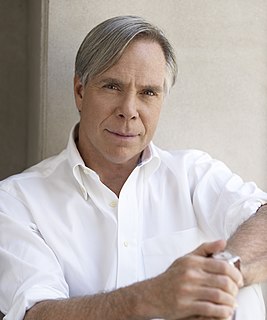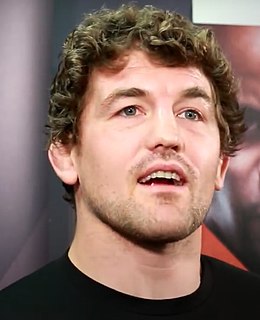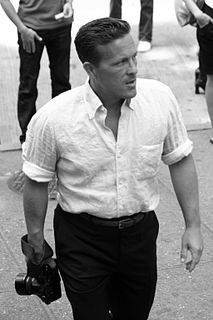A Quote by Tim Gunn
I'm really not a trend promoter because I feel that people push trends on people they shouldn't.
Related Quotes
What makes me sad in fashion is that everyone is looking for trends. A trend is one thing. Timeless is another. In 20 years, I've seen so many trends. It makes me sad when people go for the trend versus quality or vision. Or when people wear something so basic just to make sure they're considered cool, like a white t-shirt.
Trends are just as important in politics as they are in fashion; just that rather than an aesthetic trend, it might be an ideological, behavioral or cultural trend - you need to keep track of all kinds of trends in politics because you need to know if you come out and say something, what the adoption of that will be six months down the road.
People are storytelling creatures. We like stories that go somewhere, and therefore we like trends - because trends are things that either get better or get worse, so we can either rejoice or lament. But we mistakenly depict many things as trends moving in some direction. We take the "full house" of variation in a system and try to represent it as a single number, when in fact what we should be doing is studying the variation as it expands and contracts. If you look at the history of the variation in all its complexity, then you see there's no trend.
There is a Sufi trend, a madhabi Sufi trend, and I don't have any problem with this. What is not acceptable is that, first, some scholars are trying to show to the audience that they are open to other trends. However, when it comes to the retreat or the panels, they don't want to be with some of us because they are scared of being exposed.
I don't at least for me I don't ever really look for trends. I'm looking for just what captures my attention at that time and rarely do I ever look back and try and put together trends or say this kind of trend is important. For me it's about the individual expression and if you go back and look through the archives you might find certain things become trends, but it's just not something that particularly interests me.







































